Home>Furniture & Design>Bathroom Accessories>How Long Does It Take For A Bamboo Toothbrush To Decompose?


Bathroom Accessories
How Long Does It Take For A Bamboo Toothbrush To Decompose?
Modified: February 18, 2024
Discover how long it takes for a bamboo toothbrush to decompose and make an eco-friendly choice for your bathroom accessories. Reduce plastic waste with sustainable alternatives.
(Many of the links in this article redirect to a specific reviewed product. Your purchase of these products through affiliate links helps to generate commission for Storables.com, at no extra cost. Learn more)
Introduction
Bamboo toothbrushes have gained popularity in recent years as an eco-friendly alternative to traditional plastic toothbrushes. As the world becomes more environmentally conscious, individuals are seeking sustainable options for everyday products, including bathroom accessories. One common question that arises when considering bamboo toothbrushes is, "How long does it take for a bamboo toothbrush to decompose?"
In this article, we will delve into the decomposition process of bamboo toothbrushes, exploring the factors that influence their breakdown and the environmental impact of their disposal. By understanding the intricacies of bamboo toothbrush decomposition, consumers can make informed choices that align with their commitment to sustainability.
The journey of a bamboo toothbrush from its creation to its eventual decomposition is a fascinating one. By examining this process, we can gain a deeper appreciation for the environmental benefits of choosing bamboo over plastic. Let's embark on this exploration to uncover the secrets of bamboo toothbrush decomposition and its significance in the realm of sustainable living.
Key Takeaways:
- Bamboo toothbrushes decompose naturally, reducing plastic waste and enriching the soil. Choosing bamboo promotes a healthier planet for current and future generations.
- Factors like environmental conditions and disposal methods influence the decomposition time of bamboo toothbrushes. Making informed choices can lead to a more sustainable approach to oral hygiene.
What is a Bamboo Toothbrush?
A bamboo toothbrush is a sustainable alternative to traditional plastic toothbrushes. It is crafted from bamboo, a fast-growing and renewable resource that makes it an environmentally friendly choice. The handle of a bamboo toothbrush is typically made from bamboo, while the bristles can be made from biodegradable materials such as nylon-4 or boar hair, offering a more eco-conscious option compared to conventional plastic bristles.
The appeal of bamboo toothbrushes lies in their minimal environmental impact. Unlike plastic toothbrushes, which can take hundreds of years to decompose, bamboo toothbrushes are biodegradable. This means that once disposed of, they can naturally break down over time, returning to the earth without leaving behind harmful microplastics.
In addition to their eco-friendly nature, bamboo toothbrushes often feature stylish and ergonomic designs, making them both functional and aesthetically pleasing. The smooth texture of bamboo handles provides a comfortable grip, and the natural variations in the bamboo grain add a touch of uniqueness to each toothbrush.
Furthermore, bamboo toothbrushes are often infused with antibacterial properties, inherent to bamboo, which can help maintain oral hygiene. This natural antibacterial quality sets bamboo toothbrushes apart from their plastic counterparts, offering an added benefit to users.
By choosing a bamboo toothbrush, individuals can actively contribute to reducing plastic waste and promoting sustainable practices. The growing popularity of bamboo toothbrushes reflects a collective shift towards embracing eco-conscious alternatives in everyday consumer choices.
In summary, a bamboo toothbrush is a biodegradable, sustainable, and stylish alternative to traditional plastic toothbrushes. Its eco-friendly composition and functional design make it a compelling choice for individuals seeking to minimize their environmental footprint while maintaining oral hygiene.
Decomposition Process of Bamboo Toothbrush
The decomposition process of a bamboo toothbrush is a fascinating journey that begins when the toothbrush is discarded and ends with its complete return to the earth. Unlike plastic toothbrushes, which can linger in landfills for centuries, bamboo toothbrushes have the remarkable ability to biodegrade, offering a sustainable solution to oral hygiene.
When a bamboo toothbrush is disposed of, it enters the natural decomposition cycle. The bamboo handle, being a natural material, starts to break down over time. The microbial activity in the soil plays a crucial role in this process, as microorganisms gradually consume the bamboo fibers. As a result, the bamboo handle begins to decompose, returning to the earth without leaving behind harmful residues.
The bristles of a bamboo toothbrush, typically made from biodegradable materials such as nylon-4 or boar hair, also undergo decomposition. These materials are designed to break down naturally, ensuring that the toothbrush does not contribute to the accumulation of non-biodegradable waste. While the bristles may take a bit longer to decompose compared to the bamboo handle, they ultimately follow the same path, returning to the environment in a sustainable manner.
The decomposition process of a bamboo toothbrush aligns with the principles of circularity and sustainability. As the toothbrush breaks down, it reintegrates into the natural ecosystem, contributing to the regeneration of the environment. This process exemplifies the harmonious relationship between human-made products and the natural world, demonstrating that sustainable choices can lead to positive outcomes for the planet.
In essence, the decomposition process of a bamboo toothbrush embodies the ethos of environmental responsibility. By choosing a bamboo toothbrush, individuals actively participate in a cycle of sustainability, where the end of the toothbrush's life marks the beginning of a new phase in the earth's natural processes. This cyclical journey underscores the significance of sustainable materials in reducing the burden of non-biodegradable waste and fostering a healthier planet for future generations.
Tip: A bamboo toothbrush can take around 6 months to 2 years to decompose, depending on the conditions it’s exposed to. To help it break down faster, remove the bristles and compost the handle.
Factors Affecting Decomposition Time
Several factors influence the decomposition time of a bamboo toothbrush, shaping the duration it takes for the toothbrush to return to the earth in a sustainable manner. Understanding these factors provides valuable insights into the dynamics of biodegradation and the environmental impact of bamboo toothbrush disposal.
-
Environmental Conditions: The environment in which a bamboo toothbrush is discarded significantly affects its decomposition time. In a moist and nutrient-rich soil environment, microbial activity is enhanced, accelerating the breakdown of the bamboo handle and bristles. Conversely, in arid or sterile soil conditions, the decomposition process may proceed at a slower pace, prolonging the toothbrush's return to the earth.
-
Bamboo Species and Quality: The type of bamboo used in the production of toothbrush handles can influence decomposition time. Different bamboo species exhibit varying degrees of durability and resistance to decay. Additionally, the quality of the bamboo, including its density and structural integrity, can impact how quickly it breaks down in the environment.
-
Bristle Material: While the handle of a bamboo toothbrush is primarily composed of bamboo, the bristles are often made from biodegradable materials such as nylon-4 or boar hair. The composition of the bristles can affect their decomposition rate, with some materials breaking down more rapidly than others. The choice of bristle material plays a role in determining the overall decomposition time of the toothbrush.
-
Microbial Activity: Microorganisms present in the soil play a crucial role in the decomposition of bamboo toothbrushes. The abundance and diversity of microbial communities in the disposal environment can impact the rate at which the toothbrush biodegrades. Factors such as soil pH, temperature, and oxygen levels influence microbial activity, thereby affecting the decomposition process.
-
Disposal Method: The manner in which a bamboo toothbrush is disposed of can influence its decomposition time. When placed in a composting environment, where conditions are optimized for biodegradation, the toothbrush may decompose more rapidly compared to being discarded in a conventional landfill. Proper disposal methods can expedite the return of the toothbrush to the earth.
By considering these factors, individuals can make informed choices regarding the disposal of bamboo toothbrushes, contributing to a more sustainable approach to oral hygiene. The interplay of environmental conditions, bamboo characteristics, and microbial activity underscores the intricate nature of biodegradation, highlighting the importance of responsible waste management and sustainable product design.
Environmental Impact of Bamboo Toothbrush Decomposition
The decomposition of bamboo toothbrushes holds significant environmental implications, shaping the overall impact of these sustainable oral care products on the planet. As bamboo toothbrushes biodegrade, they contribute to a range of positive environmental outcomes, aligning with the principles of sustainability and ecological responsibility.
One of the key environmental benefits of bamboo toothbrush decomposition is the reduction of non-biodegradable waste. Unlike traditional plastic toothbrushes, which persist in landfills for extended periods, bamboo toothbrushes undergo natural breakdown, minimizing the accumulation of persistent synthetic materials in the environment. This reduction in non-biodegradable waste aligns with global efforts to mitigate the environmental impact of plastic pollution, offering a tangible solution to the challenge of plastic waste management.
Furthermore, the decomposition of bamboo toothbrushes enriches the soil with organic matter, supporting the health and fertility of the earth. As the bamboo handle and biodegradable bristles break down, they release nutrients and organic compounds into the soil, contributing to its regeneration. This process enhances soil structure, promotes microbial activity, and fosters the growth of vegetation, ultimately bolstering the resilience of ecosystems. By returning to the earth in a sustainable manner, bamboo toothbrushes actively participate in the natural nutrient cycle, embodying the ethos of circularity and environmental harmony.
In addition to reducing waste and enriching the soil, the decomposition of bamboo toothbrushes exemplifies the concept of closed-loop sustainability. As these eco-friendly oral care products biodegrade, they reintegrate into the natural ecosystem, demonstrating the potential for human-made items to harmoniously coexist with the environment. This cyclical journey underscores the capacity of sustainable materials to facilitate regenerative processes, highlighting the interconnectedness of human activities and the natural world.
Moreover, the environmental impact of bamboo toothbrush decomposition extends beyond the immediate disposal site, influencing broader ecological systems. By minimizing the presence of non-biodegradable waste and enriching the soil, bamboo toothbrushes contribute to the preservation of biodiversity and the overall health of ecosystems. This ripple effect underscores the significance of sustainable choices in fostering a balanced and thriving natural environment.
In essence, the decomposition of bamboo toothbrushes carries profound environmental implications, encompassing waste reduction, soil enrichment, closed-loop sustainability, and ecosystem preservation. By embracing bamboo toothbrushes and understanding their decomposition process, individuals can actively participate in promoting a healthier planet for current and future generations.
Conclusion
In conclusion, the journey of a bamboo toothbrush from its creation to its eventual decomposition embodies the essence of sustainable living and environmental stewardship. The biodegradability of bamboo toothbrushes sets them apart as a compelling alternative to traditional plastic toothbrushes, offering a tangible solution to the global challenge of plastic waste accumulation. As individuals seek to minimize their environmental footprint and make conscientious choices in their daily lives, the significance of bamboo toothbrush decomposition becomes increasingly apparent.
The decomposition process of bamboo toothbrushes, influenced by environmental conditions, bamboo characteristics, and responsible disposal methods, underscores the intricate dynamics of biodegradation. By understanding the factors that shape the decomposition time of bamboo toothbrushes, consumers can make informed decisions regarding their disposal, contributing to a more sustainable approach to oral hygiene.
Furthermore, the environmental impact of bamboo toothbrush decomposition extends far beyond the immediate disposal site, encompassing waste reduction, soil enrichment, closed-loop sustainability, and ecosystem preservation. The positive outcomes of bamboo toothbrush biodegradation resonate throughout ecological systems, highlighting the interconnectedness of human actions and the natural world.
By choosing bamboo toothbrushes and embracing their decomposition process, individuals actively participate in promoting a healthier planet for current and future generations. The journey of a bamboo toothbrush from its creation to its return to the earth encapsulates the transformative power of sustainable choices, demonstrating that everyday decisions can have profound implications for the environment.
In essence, the decomposition of bamboo toothbrushes represents a harmonious convergence of human innovation and ecological resilience, showcasing the potential for sustainable materials to foster regenerative processes. As the world continues to prioritize sustainability and environmental consciousness, the role of bamboo toothbrushes in promoting a circular economy and mitigating plastic pollution becomes increasingly significant.
Ultimately, the journey of a bamboo toothbrush serves as a testament to the transformative impact of sustainable living, inspiring individuals to embrace eco-friendly alternatives and contribute to a more balanced and thriving natural environment.
Frequently Asked Questions about How Long Does It Take For A Bamboo Toothbrush To Decompose?
Was this page helpful?
At Storables.com, we guarantee accurate and reliable information. Our content, validated by Expert Board Contributors, is crafted following stringent Editorial Policies. We're committed to providing you with well-researched, expert-backed insights for all your informational needs.
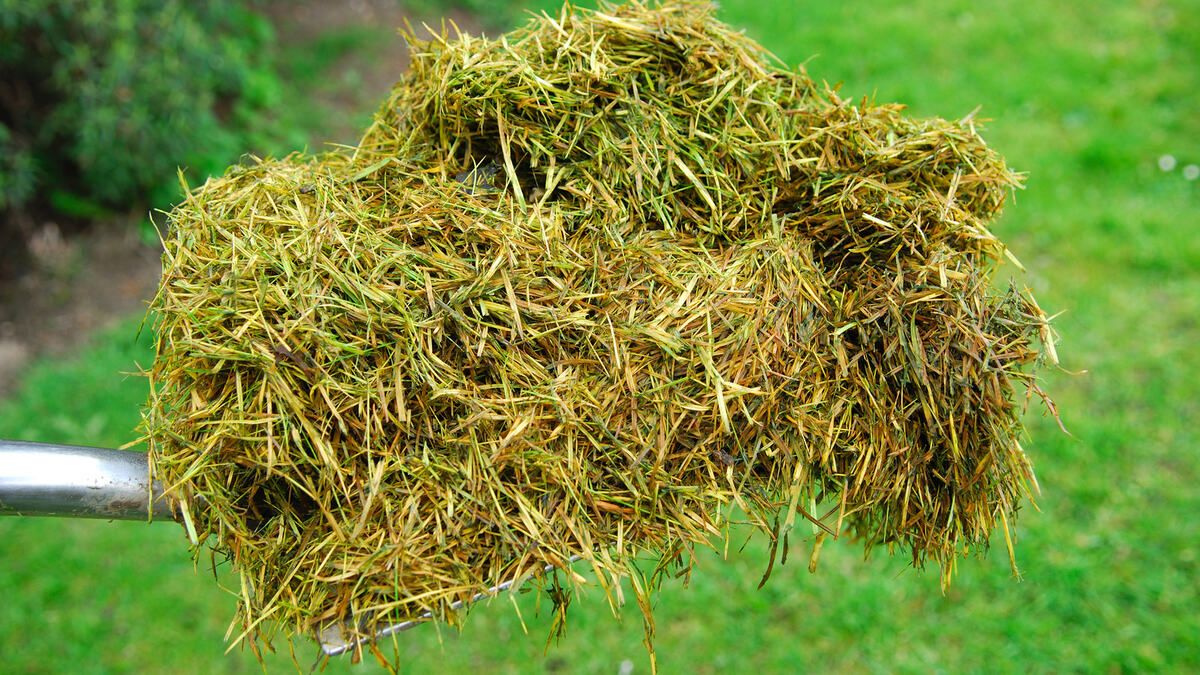
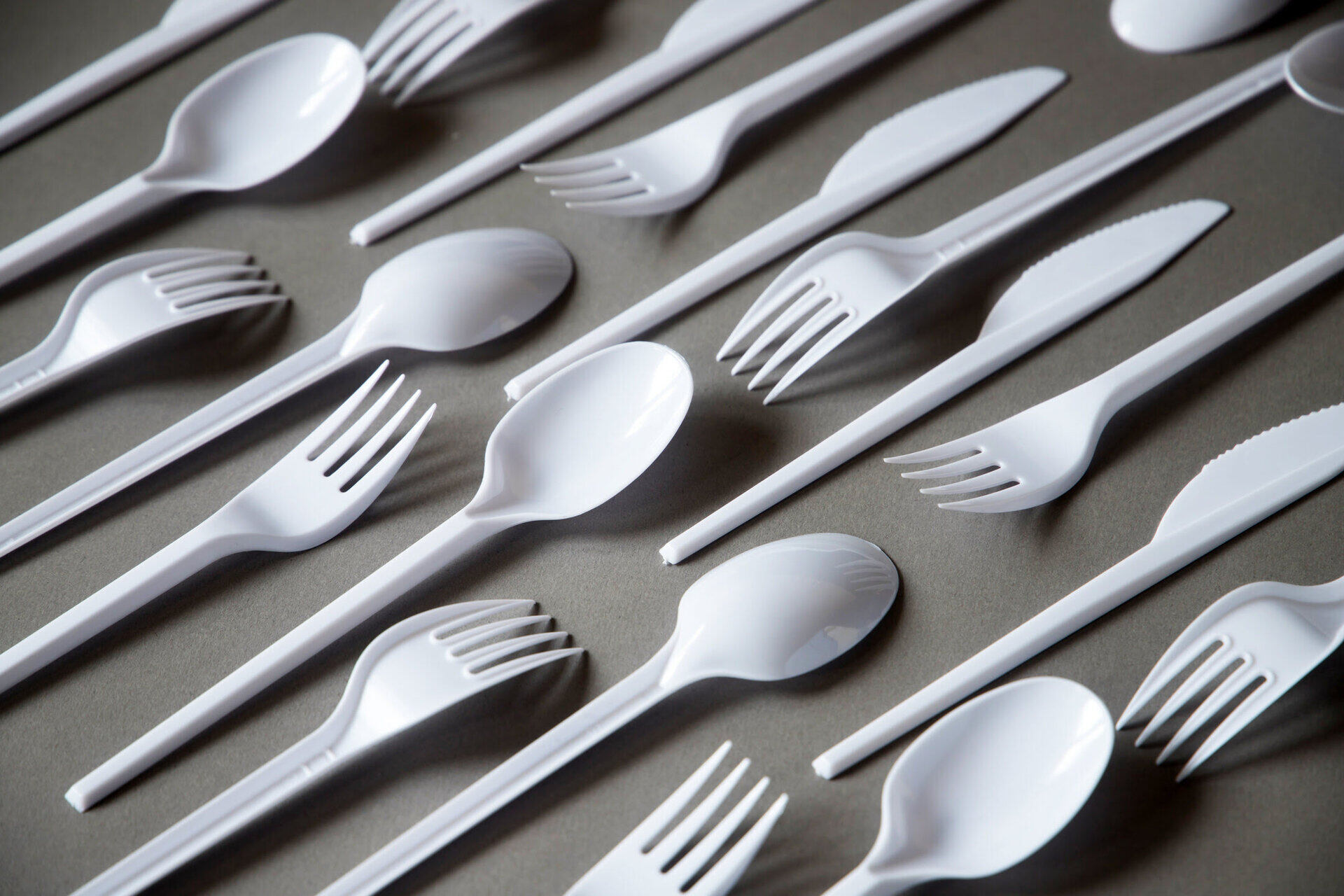

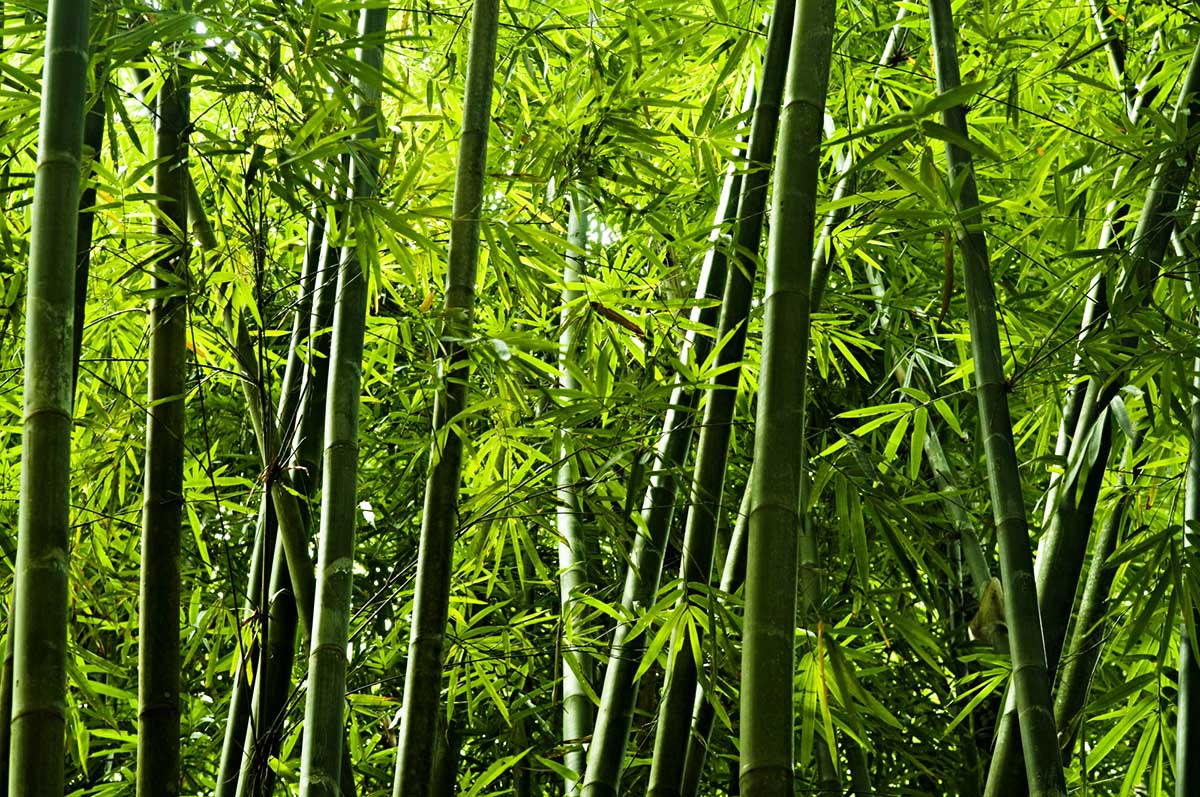
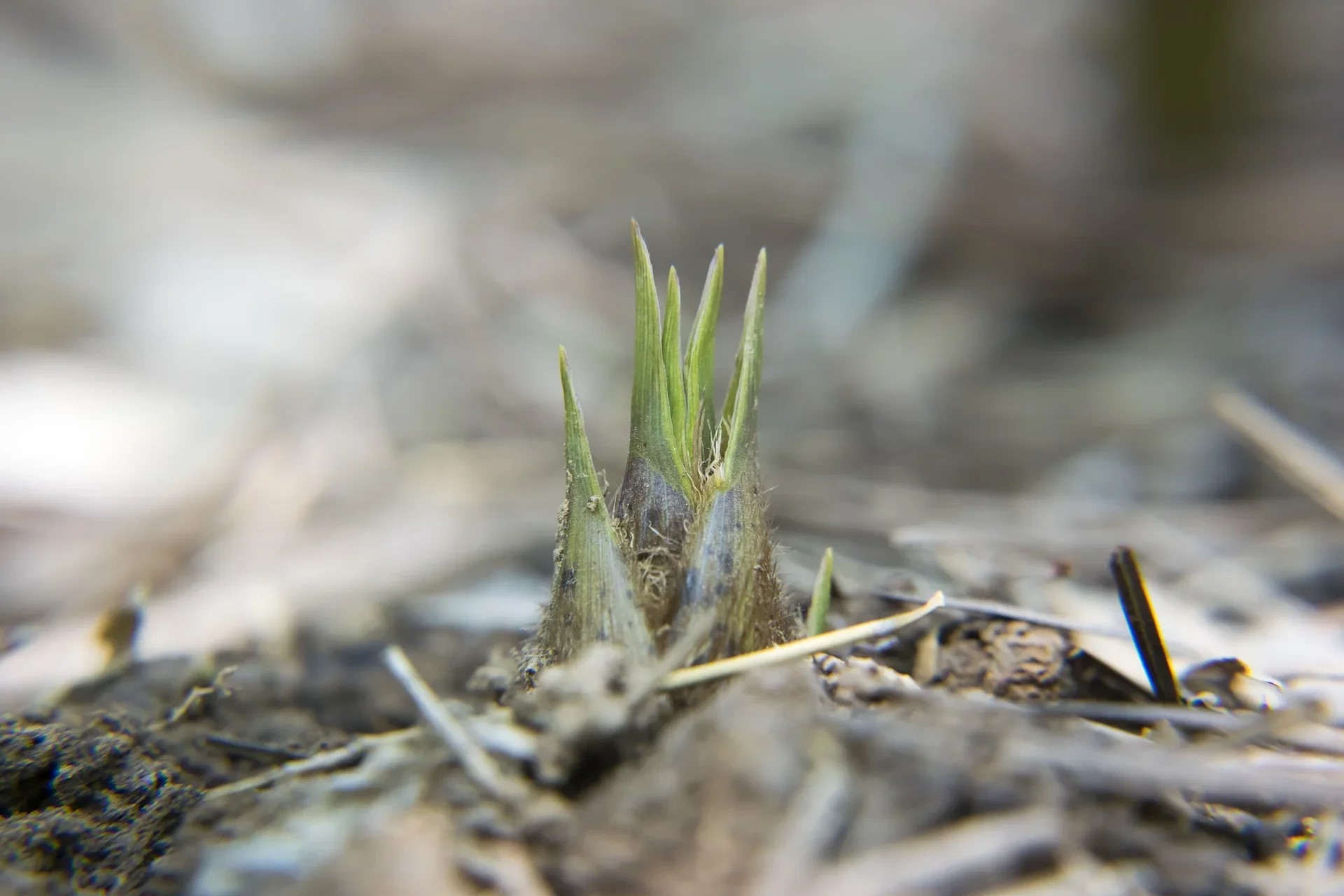
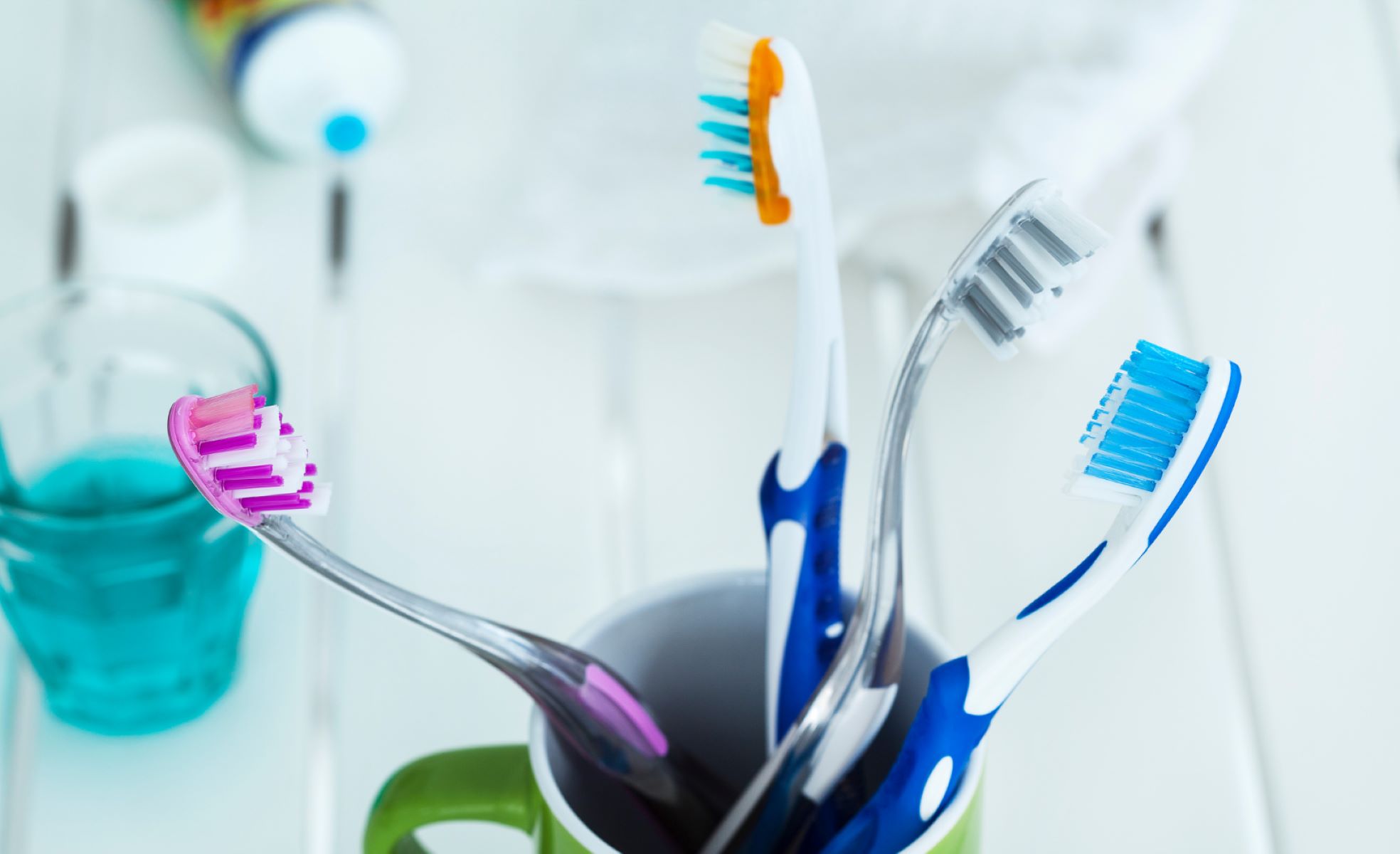
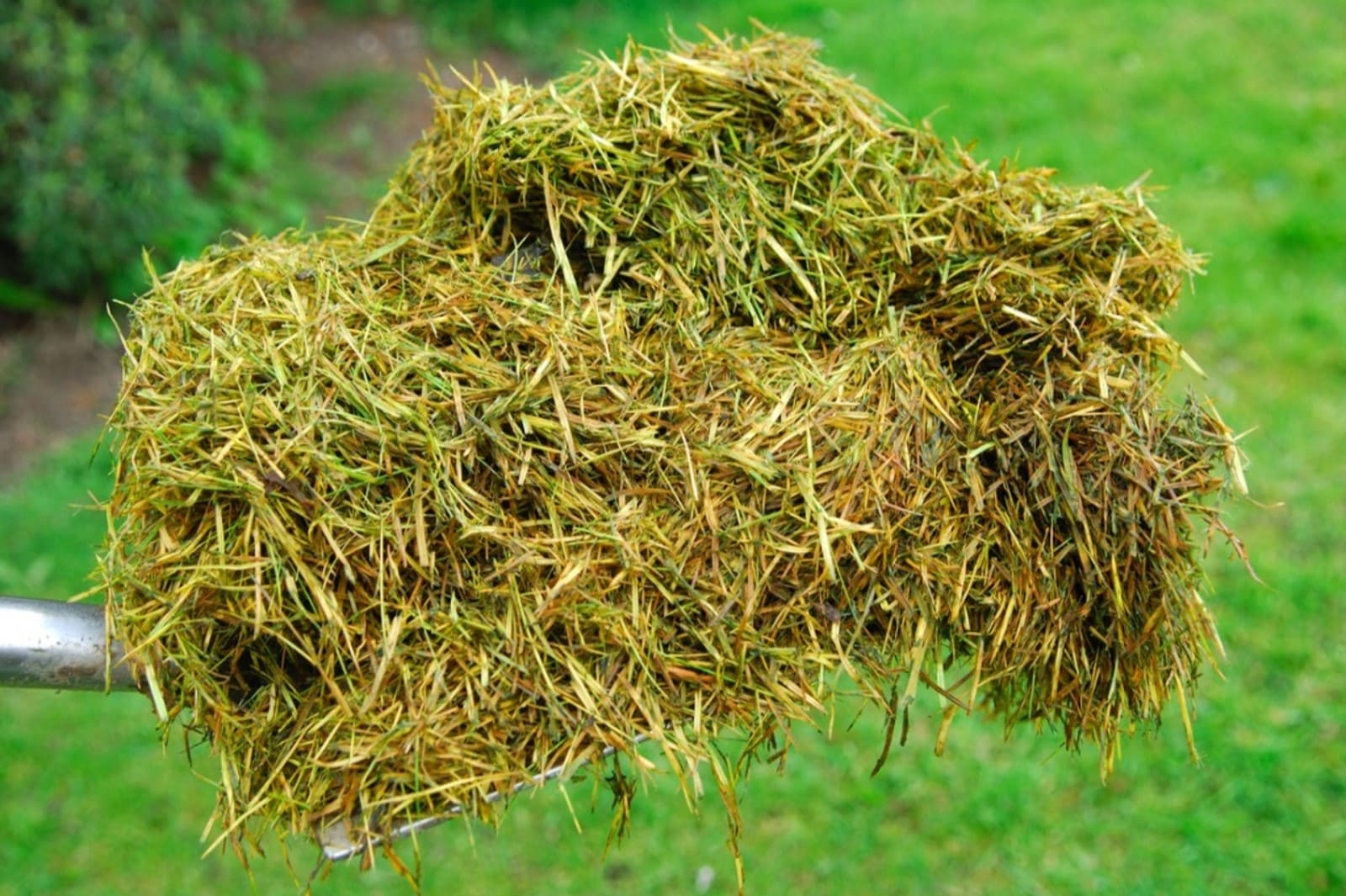
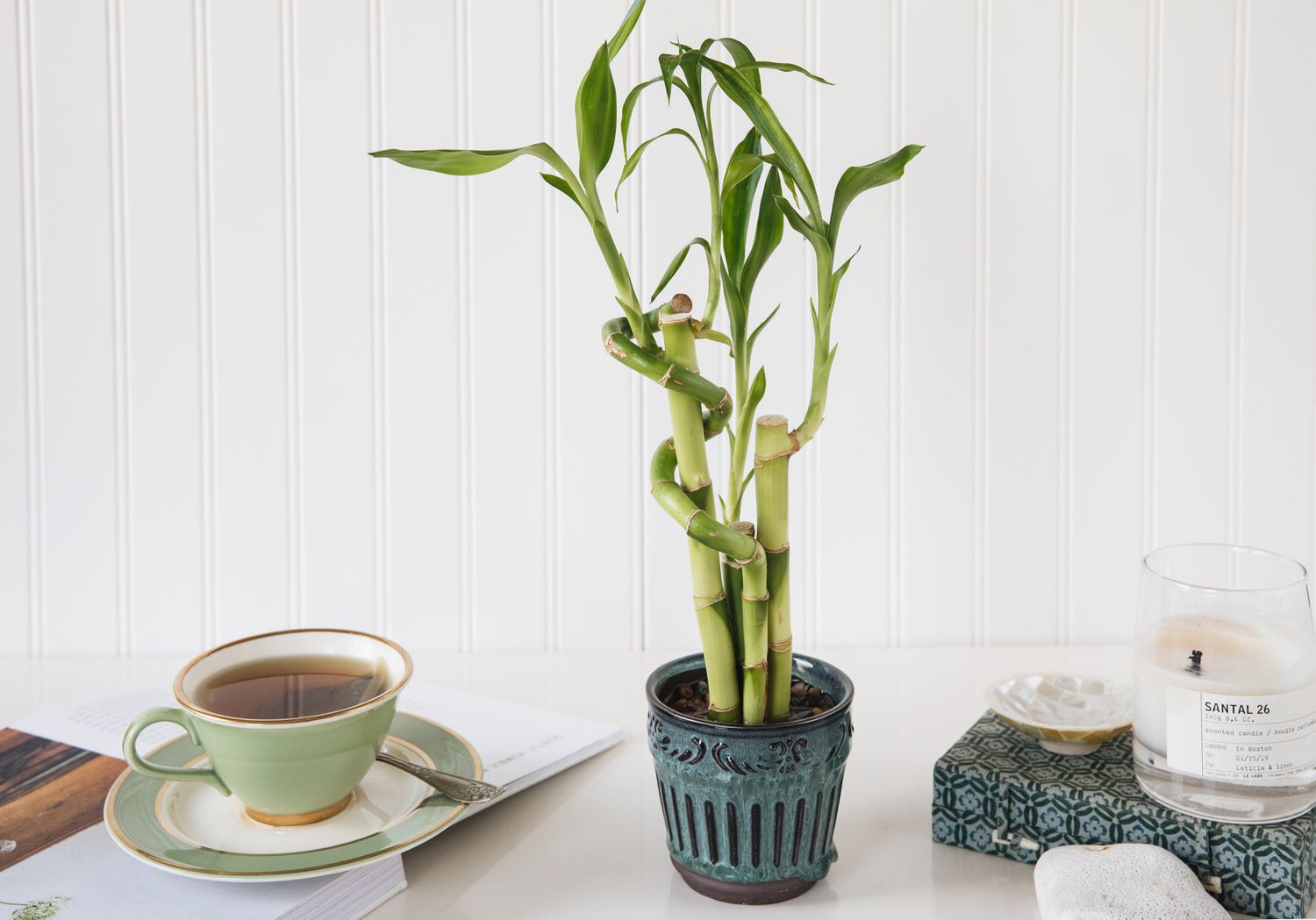
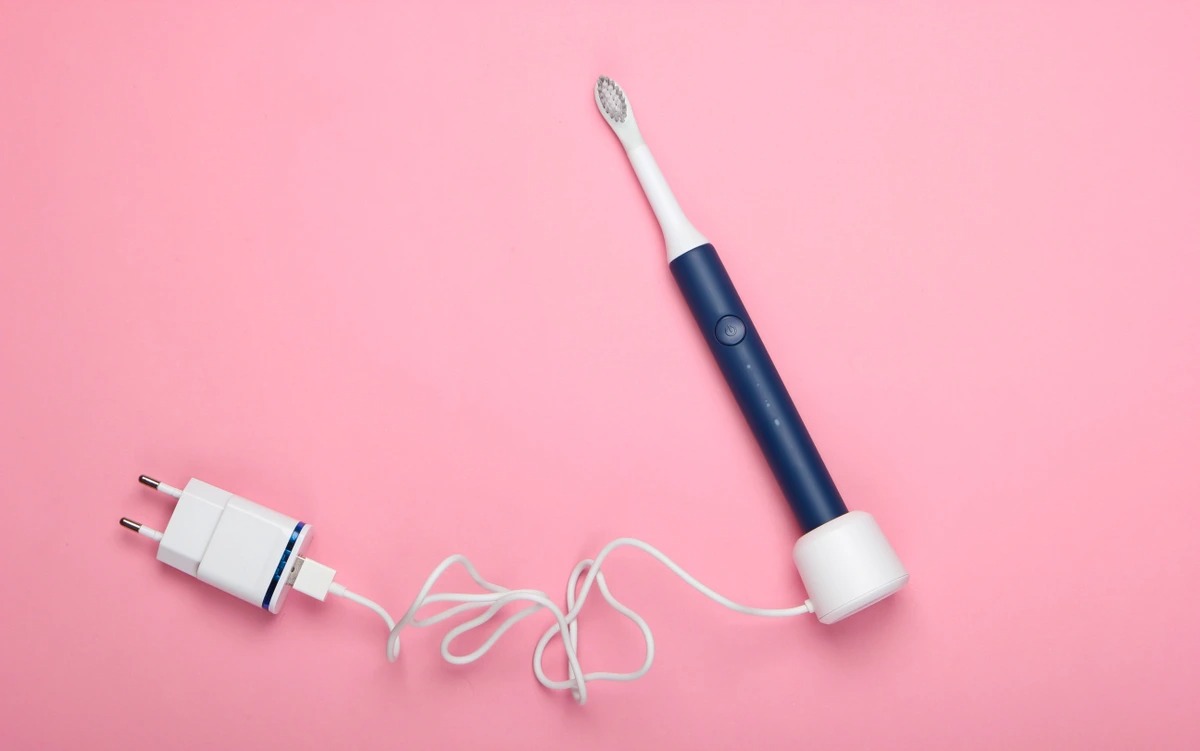
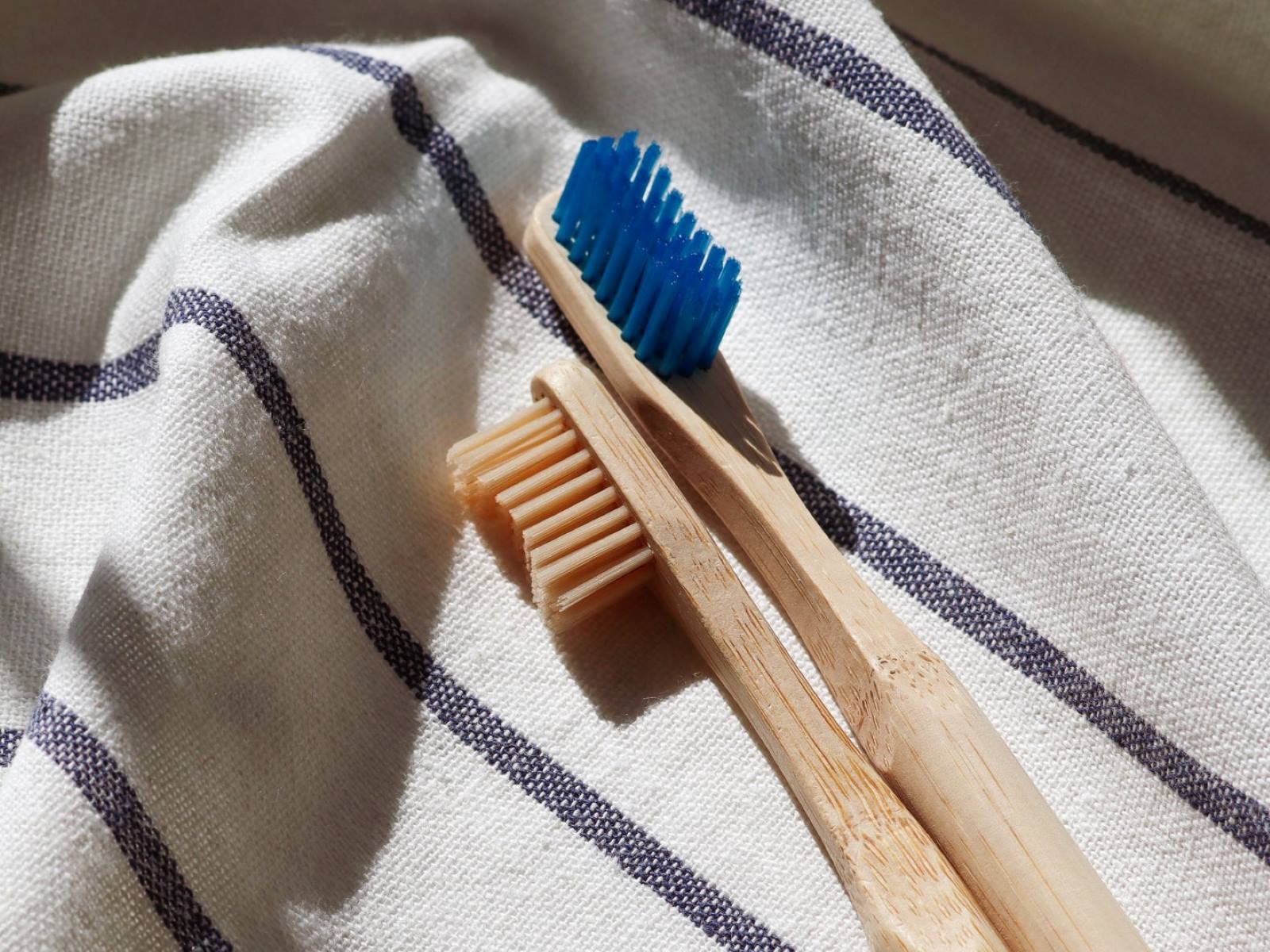
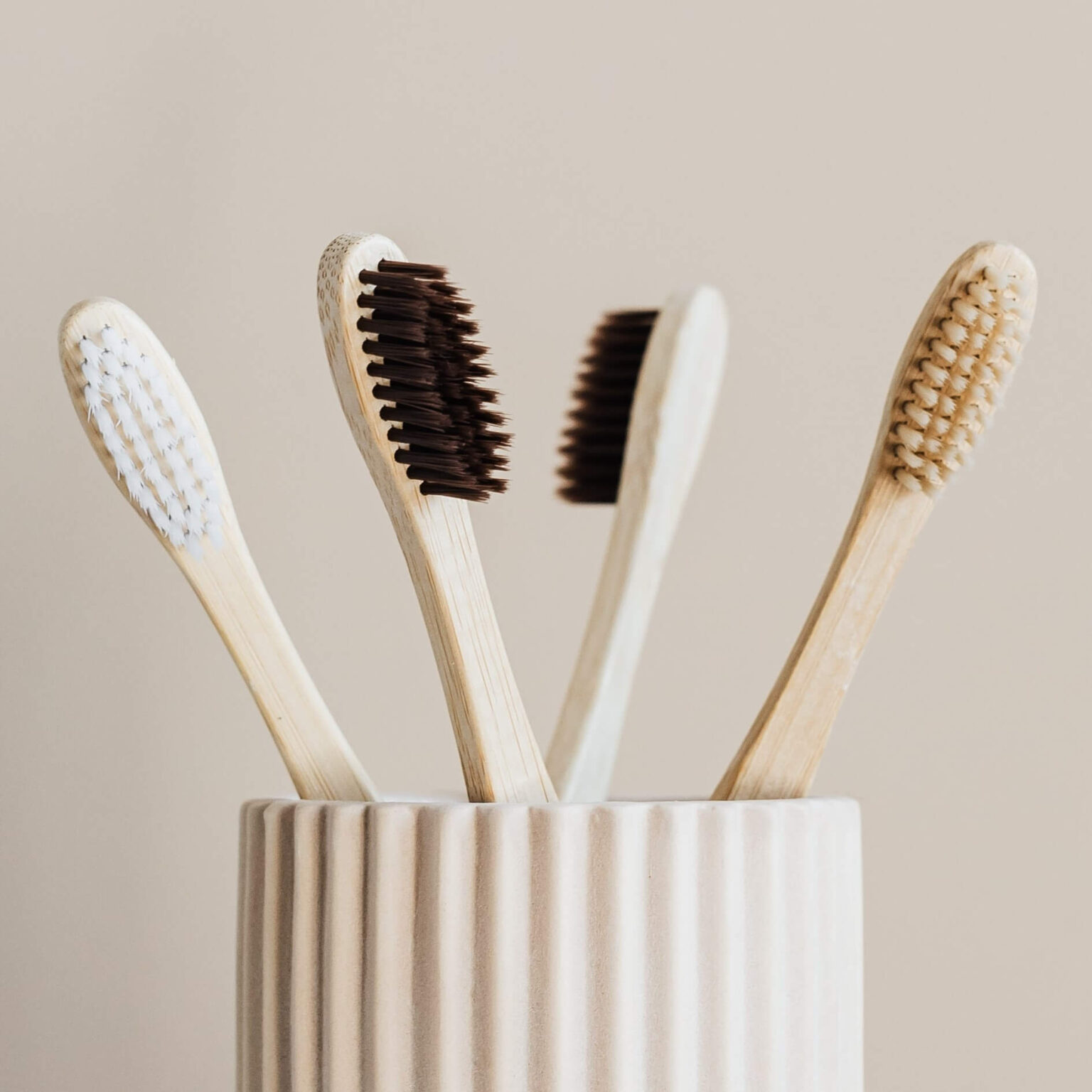
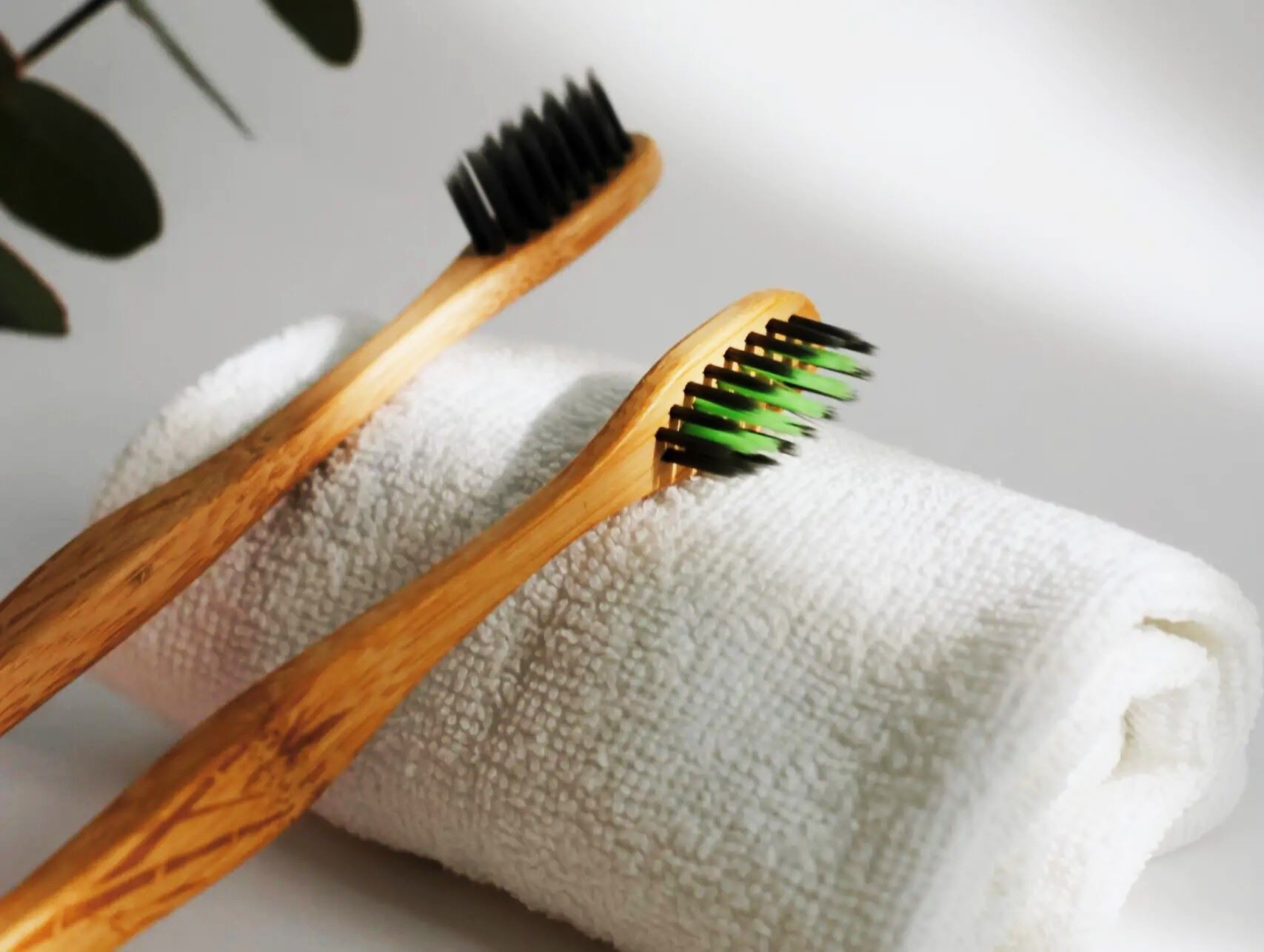

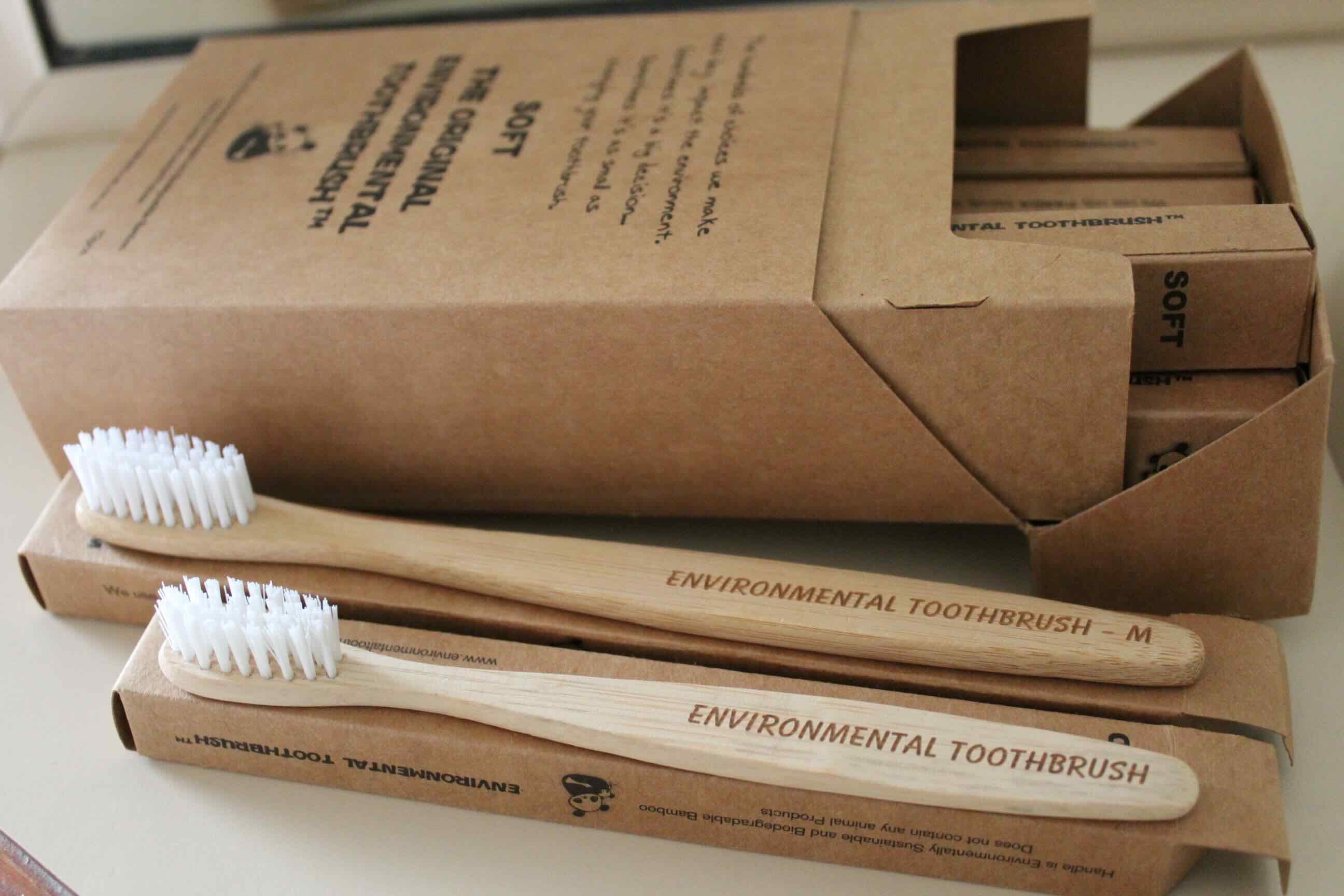

0 thoughts on “How Long Does It Take For A Bamboo Toothbrush To Decompose?”